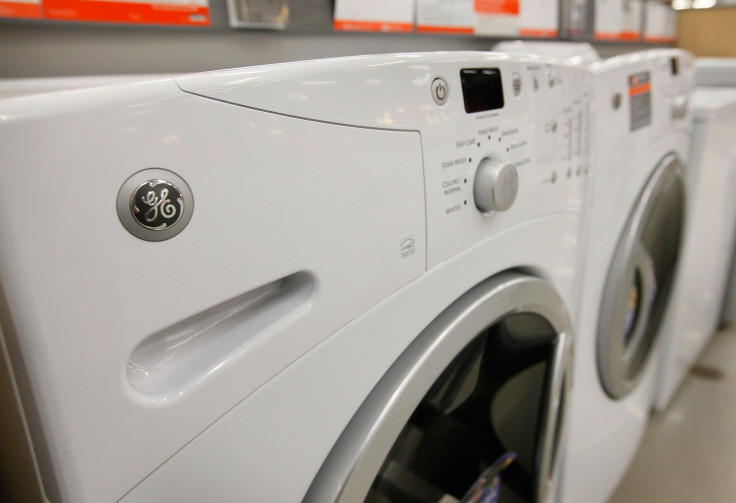Haier To Buy General Electric’s Appliances Business For $5.4B

UPDATE: 2:55 a.m. EST — General Electric announced Friday that it has signed an agreement to sell its appliances business to China’s Haier Electronics Group for $5.4 billion, according to reports. The two companies said that they agreed to form a strategic partnership and the transaction is targeted to close mid-2016, Bloomberg reported, citing a statement.
The deal has yet to get approval from shareholders and regulators, the statement reportedly said. “It may be a step for the Chinese company to build up an international network, while its overseas exposure now is still small,” Andrew Song, an analyst in Guotai Junan Securities Co., said before the announcement, according to Bloomberg. “It’s also likely that they will have more synergy as Haier is developing smart appliances.”
Original story:
General Electric is nearing a deal to sell its appliances business for more than $4 billion to China's Haier Electronics Group, the Wall Street Journal reported, citing people familiar with the matter. Haier outbid other foreign companies for the Louisville, Kentucky, business unit, and a deal could be announced as soon as Friday, the Journal reported.
GE walked away from a $3.3 billion agreement to sell its century-old appliances business to Sweden’s Electrolux
in December, following hurdles with U.S. regulators.
GE, which also stands to receive a $175 million breakup fee from Electrolux, had previously told investors that there was huge demand for the appliances business and the company expected to move quickly to find a new buyer.
In July last year, the U.S. Justice Department filed a lawsuit to stop the GE-Electrolux deal, claiming that it would shoot up the price of appliances by 5 percent, Reuters reported.
In 2008, Haier reportedly held talks with GE to buy the U.S. firm’s appliance unit, but no deal was reached at the time. In 2010, a Haier executive said the company did not buy the unit as the price was too high, the Journal reported.
© Copyright IBTimes 2025. All rights reserved.




















